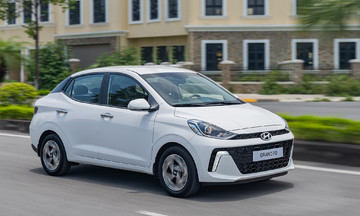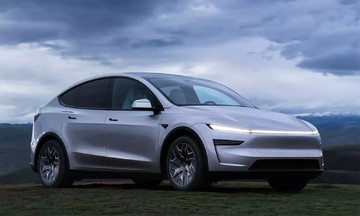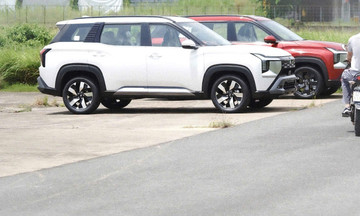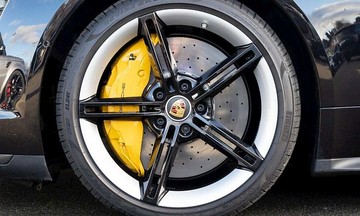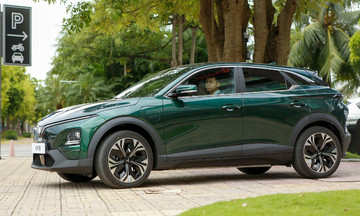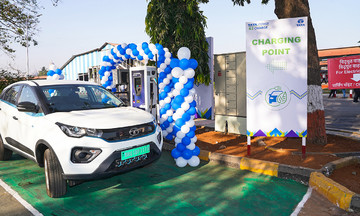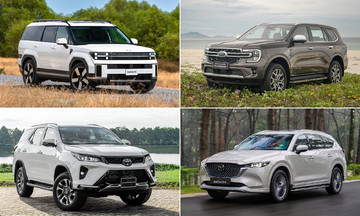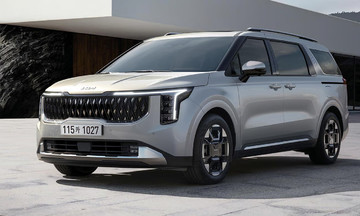Indonesia will be the third country where Toyota manufactures electric vehicles, following China and Japan. Currently, Toyota controls over 30% of the Indonesian market. However, Chinese automakers are rapidly entering Indonesia with advanced electric vehicle models.
Last year, Indonesia introduced new tax policies and incentives to boost domestic electric vehicle production and attract new brands. This includes reducing the value-added tax (VAT) to 1% for electric vehicles with at least 40% locally-sourced components. Vehicles not meeting this threshold will be subject to an 11% VAT.
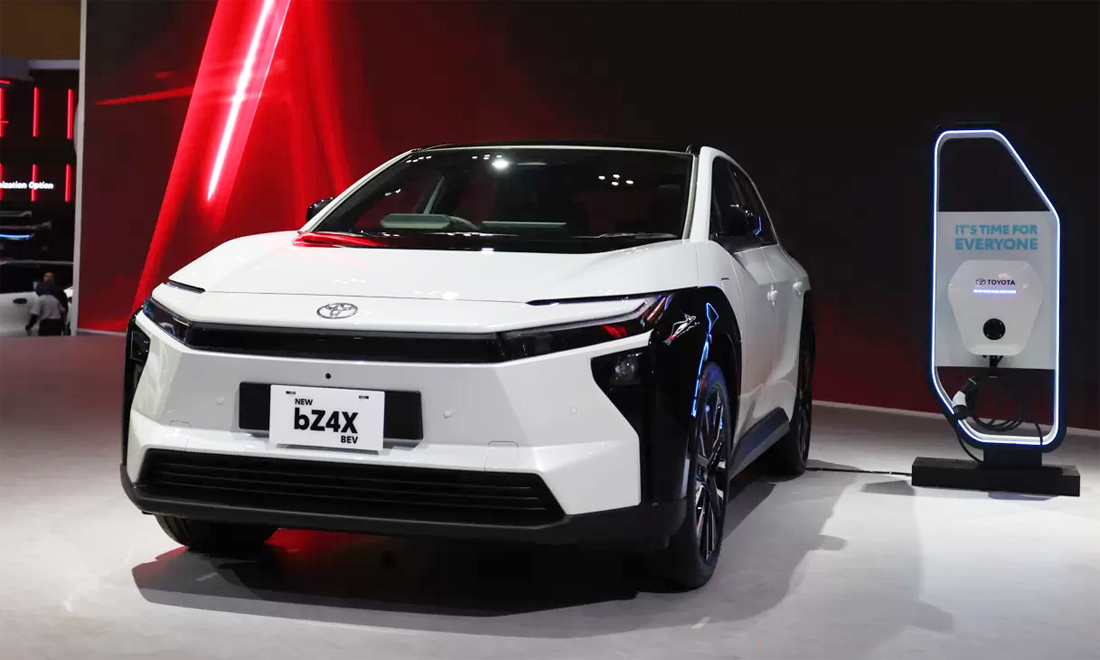 |
Toyota bZ4X electric vehicle at the GIIAS exhibition. Photo: JawaPos |
Toyota bZ4X electric vehicle at the GIIAS exhibition. Photo: JawaPos
According to a new report from Nikkei, the model Toyota will produce in Indonesia later this year is the bZ4X. Toyota plans to leverage its leading market share to expand sales with the locally-produced electric SUV.
Hiroyuki Ueda, President of Toyota-Astra Motor, explained that the decision to produce electric vehicles in Indonesia is part of Toyota's "multi-pathway strategy".
While previously focusing on hybrid vehicles, or "environmentally friendly vehicles" as Ueda calls them, Toyota will now also offer electric vehicle options.
Toyota Indonesia exports vehicles to over 80 countries and territories worldwide. Over the past 5 years, Toyota Indonesia has accounted for approximately 61% of Indonesia's total completely built-up unit (CBU) vehicle exports. Despite a 5% decrease in exports in 2024, Toyota believes that strong government support and domestic electric vehicle production will help reverse this trend.
Toyota also plans to start producing electric pickup trucks in Thailand by the end of 2025, another region where Chinese brands, such as BYD, are making inroads.
According to a report from Antara News, the Indonesia-produced bZ4X, launching at the end of 2025, will only be available in a front-wheel-drive version. In Europe, Toyota offers two front-wheel-drive (FWD) configurations for the bZ4X: one with a 57.7 kWh battery and a 123 kW motor, and another with a 73.1 kWh battery and a 165 kW motor. The base FWD configuration accelerates from 0-100 km/h in 8.6 seconds, reaches a top speed of 140 km/h, and has a range of 444 km. The top-tier FWD configuration accelerates from 0-100 km/h in 7.4 seconds, has a top speed of 160 km/h, and boasts a range of up to 568 km on a single charge.
Along with the new bZ4X, Toyota also showcased the Urban Cruiser EV at GIIAS 2025. The company may launch this fully electric small SUV in 2026.
My Anh




